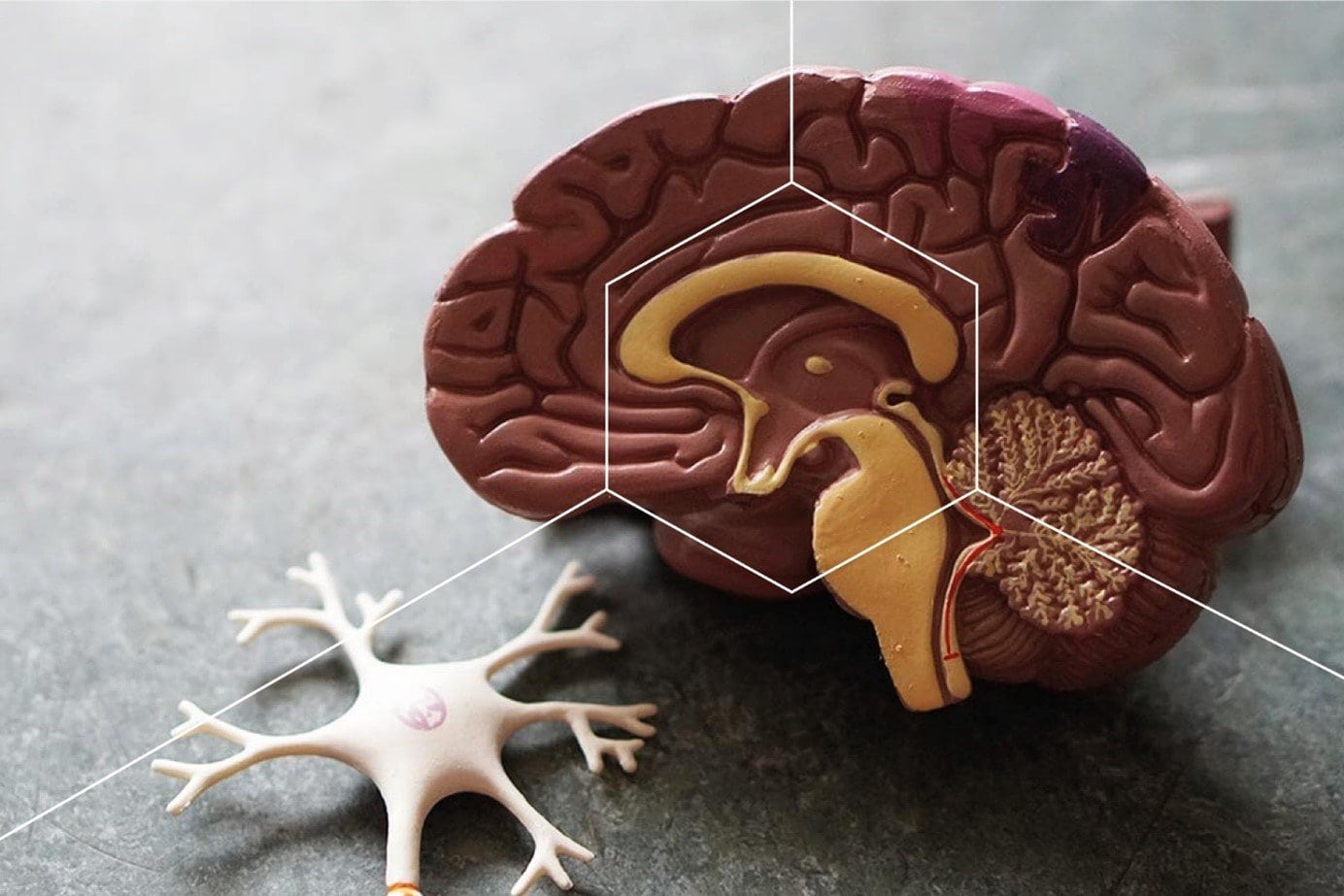
*This is a summary of the findings from various studies and articles. Further information and details on this study are located in the links below.*
The Effects of Spermidine on Cognitive Decline
Dementia or cognitive decline more broadly, have become a widespread phenomenon with 5.8 million Americans suffering from Alzheimer’s and other forms of dementia. In the past, these degenerative diseases have been considered irreversible; however, latest studies suggest that there might be hope by activating a natural cellular “recycling process” called autophagy. Recent trials have shown significant improvement of cognitive abilities, brain function, and brain information processing in early stage dementia patients by inducing autophagy through supplementing spermidine, a natural polyamine essential to our cellular health and longevity. The effects of spermidine on cognition are demonstrated in these trials.
Brain Fog Among Covid-19 Survivors
Brain fog is a term used to describe a lack of sharp memory and the inability to think clearly. Thousands of Covid-19 survivors have reported feeling disoriented and ‘named their most debilitating persistent symptom as impaired memory and concentration’ . The effects of ‘Covid Brain Fog’ are different from what patients experience after a serious illness. Not only has this been seen in young adults, but this alarming side-effect has plagued even those patients who observed mild symptoms and were never hospitalized.
While research into this matter is still in its early stages, a French report from August 2020 has concluded, that out of 120 Covid patients, 34 percent suffered from memory loss and 27 percent had concentration and sleep disorders.
As for now, MRI scans do not indicate damage to the brain itself, and given the most common effects accompanying brain fog are fatigue, headaches, muscle and joint pain, an impairment of the nervous system seems to be a plausible explanation. A recent trial – pending peer review – has shown that Sars-Cov-2 can get into nerve cells and through them into the brain.
Some survivors have found ways of coping with their condition in their social and professional lives, while others, who have more demanding jobs that require mental agility and concentration find themselves under threat of losing their position due to their newly acquired cognitive impairment.
As the second wave of this pandemic unfolds, mental and cognitive health are becoming a serious challenge to the already strained socio-economic situation. As outlined, surviving Covid is not the end of the struggle for many, as various impairments continue to impact their lives. Therefore, a holistic approach towards brain health is crucial and spermidine-induced autophagy research offers a promising path forward.
Study: Spermidine as the new Hope in Fighting Memory Impairment
The global increase of human lifespan is causing an enormous rise in the aging population and, with it, age-related diseases, making healthy aging a crucial public health issue.
Assuming the challenge, a team of leading neurological and aging scientists set out to explore how to prevent memory loss, what happens to the aging brain, and the promising data coming out of pre-clinical research, indicating that spermidine supplementation could slow down or halt age-related cognitive decline and improve brain health, by conducting the first human trial with spermidine and neurodegeration,called “SmartAge”.
SmartAge is a monocentric, randomized, double-blind, placebo-controlled study carried out at the prestigious Charitè Universitätsmedizin in Berlin under the supervision of Prof. Agnes Flöel. This pioneer study commenced in 2018, when the first spermidine-rich plant extract became available and was ruled safe for consumption by the European Union.
For three months, a group of elderly people with subjectively assessed cognitive decline were either treated with the spermidine-rich plant extract (SPL) or instead received a placebo. An extensive memory test was carried out at the beginning and again at the end of the three-month trial phase.
In order to evaluate the participants memory performance, a “behavioral mnemonic similarity task” was conducted, whereby the participants capability to recognize identical, similar or different images through short term memorizing was examined.
In 2019, preliminary results have been published confirming what pre-clinical, animal trials had already shown. The memory of participants taking the spermidine-rich plant extract improved during the study. In comparison, the placebo control group showed no changes in memory performance. For this short period of only three months, this is an impressive outcome. Therefore, the expectations for the main study, which included significantly more participants and was conducted over a longer period, are high. The main trial was concluded in the summer of 2020 and the final publication is expected in late 2020, early 2021.
Scientists assume that improvements in cognitive performance are due to a stimulation of the neuromodular actions in the memory center. The final results of “SmartAge” are expected to shed more light on the neuronal molecular mechanisms, through which spermidine improves memory.







